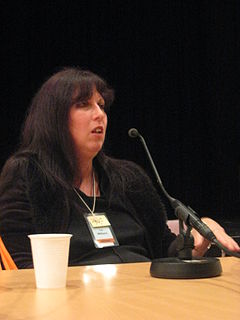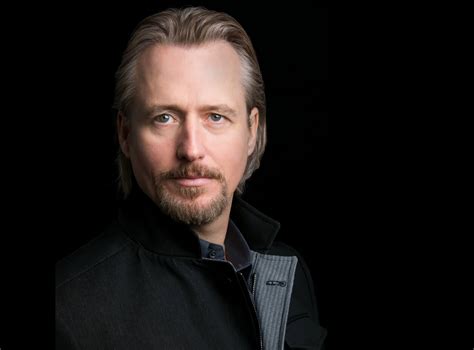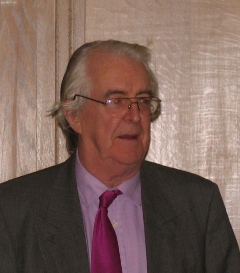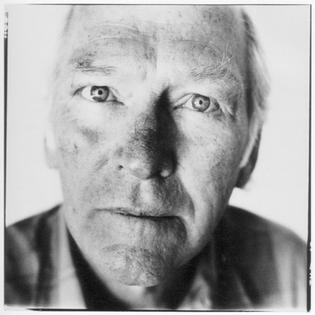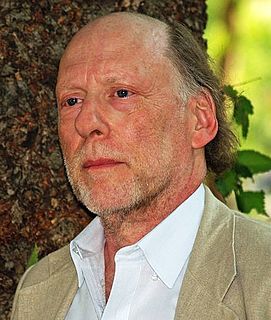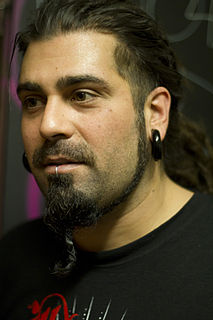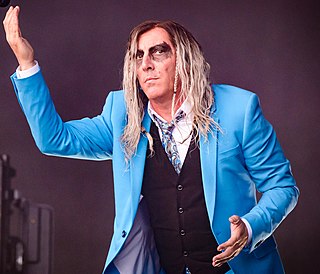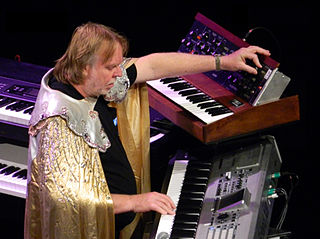Top 1200 Moral Beliefs Quotes & Sayings - Page 3
Explore popular Moral Beliefs quotes.
Last updated on April 21, 2025.
SETH said: The natural person is to be found, now, not in the past or in the present, but beneath layers and layers of official beliefs, so you are dealing with an archeology of beliefs to find the person who creates beliefs to begin with. As I have said often, evidence of clairvoyance, telepathy, or whatever, are not eccentric, isolated instances occurring in man's experience, but are representative of natural patterns of everyday behavior that become invisible in your world because of the official picture of behavior and reality.
[He] seems to want it both ways: the freedom to hold and express beliefs, and immunity from criticism for those beliefs. This is the kind of attitude that leads inexorably to totalitarianism. It is to be decried, particularly in a university environment where the search for truth necessitates that no belief be treated as sacred or above scrutiny.
If an instrument similar to a geiger-counter could be invented that counted moral judgements instead, we would learn to duck as people became increasingly 'moral', since lethal force is usually imminent. So far from moral fervour being an alternative to force, it is frequently the overture, the accompaniment and the memorial to it.
Human beings have rights, because they are moral beings: the rights of all men grow out of their moral nature; and as all men havethe same moral nature, they have essentially the same rights. These rights may be wrested from the slave, but they cannot be alienated: his title to himself is as perfect now, as is that of Lyman Beecher: it is stamped on his moral being, and is, like it, imperishable.
The foundation of leadership is your own moral compass. I think the best quality leaders really know where their moral compass is. They get it out when they are making decisions. It's their guide. But not only do you have to have a moral compass and take it out of your pocket, it has to have a true north.
In sorting out my feelings and beliefs, there is, however, one piece of moral ground of which I am absolutely certain: if I were to be murdered I would not want my murderer executed. I would not want my death avenged. Especially by government--which can't be trusted to control its own bureaucrats or collect taxes equitably or fill a pothole, much less decide which of its citizens to kill.
Why is it immoral for you to desire, but moral for others to do so? Why is it immoral to produce a value and keep it, but moral to give it away? And if it is not moral for you to keep a value, why is it moral for others to accept it? If you are selfless and virtuous when you give it, are they not selfish and vicious when they take it?
Holding on to beliefs limits our experience of life. That doesn't mean that beliefs or ideas or thinking is a problem; the stubborn attitude of having to have things be a particular way, grasping on to our beliefs and thoughts, all these cause the problems. To put it simply, using your belief system this way creates a situation in which you choose to be blind instead of being able to see, to be deaf instead of being able to hear, to be dead rather than alive, asleep rather than awake.
The average religious person has their beliefs, but they're not trying to get people fired who don't have their beliefs. But zealots do do that. It's not enough for them to believe it; they can't tolerate other people who don't believe what they believe, and they have this absolute certainty that they're right.
Do you know what religion is, Martin, my friend? -I can barely remember Lord's Prayer. -A beautiful and well-crafted prayer. Poetry aside, a religion is really a moral code that is expressed through legends,myths, or any type of literary device in order to establish a system of beliefs, values , and rules with which to regulate a culture or a society.
God doesn't help. I think that's a knockdown argument. I think that it really shows that whatever moral knowledge we have and whatever moral progress we make in our knowledge or whatever progress we make in our moral knowledge is not coming really from religion. It's coming from the very hard work really of moral philosophy, of trying to ground our moral reasonings.
It is almost inevitable that our faith will be challenged. We may at times find ourselves surrounded by others and yet standing in the minority or even standing alone concerning what is acceptable and what is not. Do we have the moral courage to stand firm for our beliefs, even if by so doing we must stand alone?
An extremely important part of our work toward emotional growth and change will come from examining our belief systems regarding all areas of life. To gain the courage to be yourself, you need to address the beliefs that are keeping you stuck where you are. What beliefs, assumptions, and attitudes are you holding onto even though they no longer enhance your life? It is possible to free yourself from worn-out beliefs and acquire ones that bring happiness, strength, and self-esteem. What we believe we may become.








